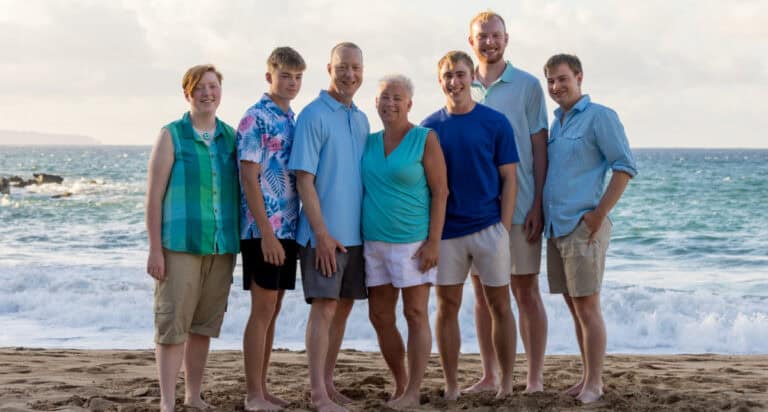
The empty nest is a term with complicated emotions
Last year, in a fit of hubris, I wrote a piece about all the things there were to love about the empty nest. I was not yet an empty nester when I dropped those pearls of wisdom. In my defense, I had polled a group of seemingly knowledgeable empty nesters and was heartened to see all this terrific stuff about empty nesting. There were many things to look forward to; lower grocery bills, the cleanliness, the quiet, the freedom to go on vacations wherever and whenever.
What those people left out of their description was the nitty gritty, the weeds, the soul of the matter. What they gave me was the sanitized version of the transition. They gave me words, but they did not give me feelings. Except for a few lone voices who cried out from the list, “I don’t care about any of those things, I just want my kids back.” Those were the voices I chose to ignore.
But, I see now that, as with most things in life, this empty nesting is more nuanced than I had anticipated. Empty nesting, it turns out, is a confluence of contradictions; suffocating and liberating; supremely joyful but mournfully sad, something totally new with an overlay of something totally familiar, universal but as individual as we are.
When you have children whose home is yours, you relish the periods that they are away because those little interludes are small islands of quiet sanity in a sea of what can sometimes seem like madness. So you think that when your children are gone, you will savor the silence. But when those small interludes stretch into long periods of time, they become something wholly different. They become an ocean of silence that leaves you craving at least some small moments of the madness again. And when the madness returns, you have become unused to it, and think longingly of the silence.
My youngest son went off in February. He’ll be back in May, off to camp and then to school, out of state. Let’s just say that these days he’s living his best life. And he, of my three children, is the most able to seamlessly disconnect from us. So we who are left in his wake are trying to figure out how to live our best lives.
Do I miss him? Some days, but not every day. Do I miss having someone at home to care for? Some days, but not every day. Do I miss “momming” full time? Some days, but not every day.
We had reached the point in our house and in our parenting where my son would come home, say “hi” and go directly to his room. He was a presence in the house but he was barely present. So why, I ask myself, does he feel so absent in his absence? I don’t know. But I know this; this empty nesting is a thing, a messy, complicated, sometimes baffling thing. And, there is most certainly a there, there.
I have some time until this “practice” empty nesting becomes the real thing. But I already know that while I will love seeing and hearing my son again, there will be something vaguely unsatisfying about it all. I also know that all of the things that there are to love about the empty nest don’t touch on the existential vacuum that no longer being a hands-on parent represents. And yet, my children’s absence has awakened another me, a me who wants to explore new freedoms, who doesn’t really want to go back to daily parenting.
So that list of things to enjoy wasn’t exactly wrong, but it was neat and this, this empty nesting and the feelings associated with it, they are messy.









